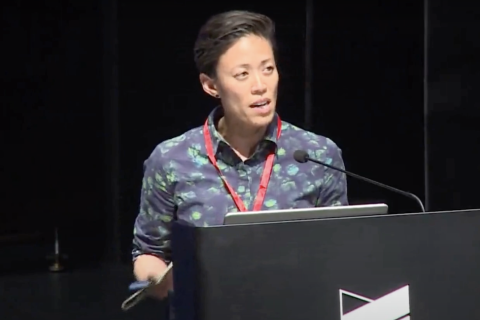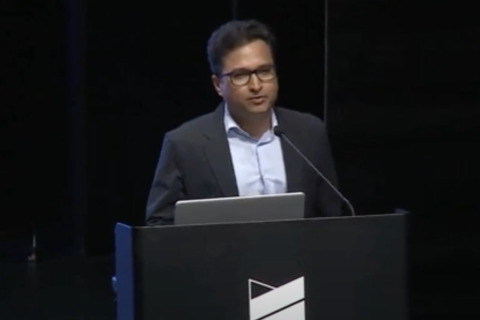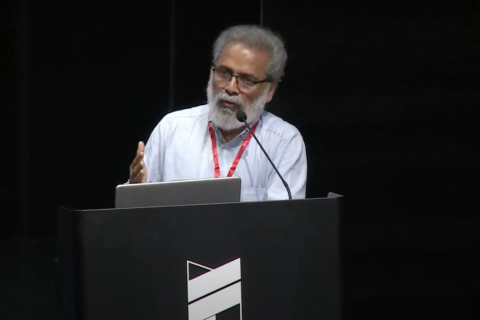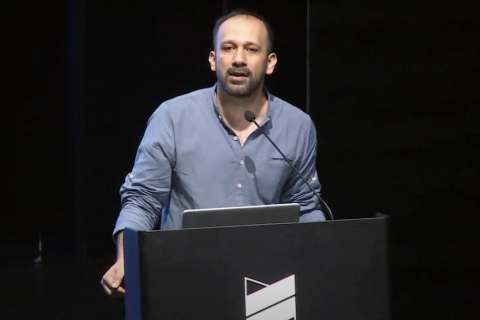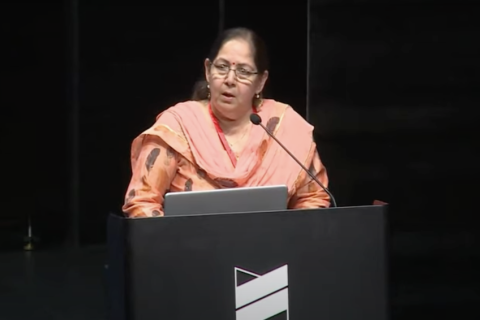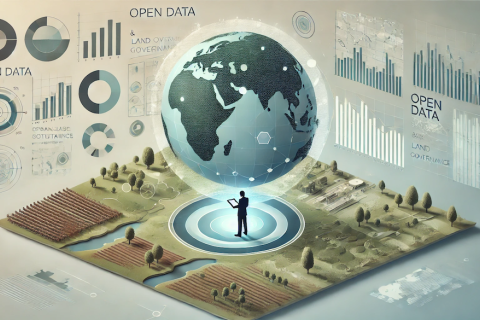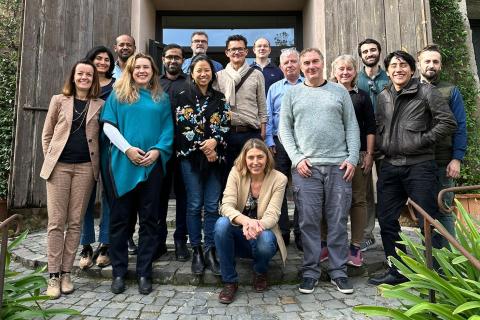Mapping the Future: Sanjay Gajiwal's Vision for Modernizing Land Governance in India
Building Resilience from the Ground Up: Prof. Jiju Alex on Decentralized Climate Governance in Kerala
Reimagining Urban Housing: Gautam Bhan's Call for Justice, Affordability, and Viability
Breaking Ground: Professor Anju Vali Tikoo's Call for Gender Justice in Land Governance
Professor Anju Vali Tikoo, a distinguished academic with a career spanning over three decades, delivered a passionate and incisive keynote at the 8th India Land and Development Conference (ILDC). Her address, a clarion call for gender inclusivity in land governance, explored the intersection of law, policy, and lived realities for women in India. With her deep-rooted knowledge of legal frameworks and her personal experiences, Prof. Tikoo brought to light the systemic barriers that continue to marginalize women in matters of land ownership and decision making.
Webinar recap: land rights and critical minerals
Transforming finance for sustainable development: Rethinking Official Development Assistance for Indigenous Peoples and Local Communities
On November 27, 2024, the Global Donor Working Group on Land convened a pivotal session as part of the Global Donor Platform for Rural Development Annual General Assembly (AGA). Under the theme “Redefining and Enhancing the Quality of Finance for Sustainable Development,” the event focused on optimizing Official Development Assistance (ODA) to address the needs and rights of Indigenous Peoples and Local Communities (IPLCs). The session spotlighted practical approaches to improving the inclusivity, efficiency, and impact of development finance amidst intensifying global crises.
Championing Open Data for Land Governance
As we reflect on our work at the Land Portal Foundation, we are continually inspired by the transformative power of open data, especially in the land sector. Our newly launched Open Data Champions Initiative celebrates the small but impactful contributions of open data champions worldwide, particularly those in the Global South, who are driving change at the country level and beyond. TheState of Land Information (SOLI) Program underscores our commitment to benchmarking and making land data more accessible and impactful.
Diversity, equity and inclusion, feminist leadership, the Land Portal, and me
I recently had the opportunity to take part in two trainings to help me develop my leadership skills. It was time very well spent.
Exploring diversity, equity, and inclusion at the Land Portal
Empowering Africa's Youth Through Land Rights: A Path to Sustainable Development
As I addressed the Fourth International Conference on Youth and Land Governance in Africa (CIGOFA4), I reflected on the critical issue of youth and land access in Africa, which remains a significant barrier to sustainable development. Land is more than an economic asset; it is the foundation of our cultural heritage, our identity, and the key to our future. However, across sub-Saharan Africa, land access continues to pose challenges, especially for our youth. These challenges, if left unaddressed, will hinder Africa's growth.

